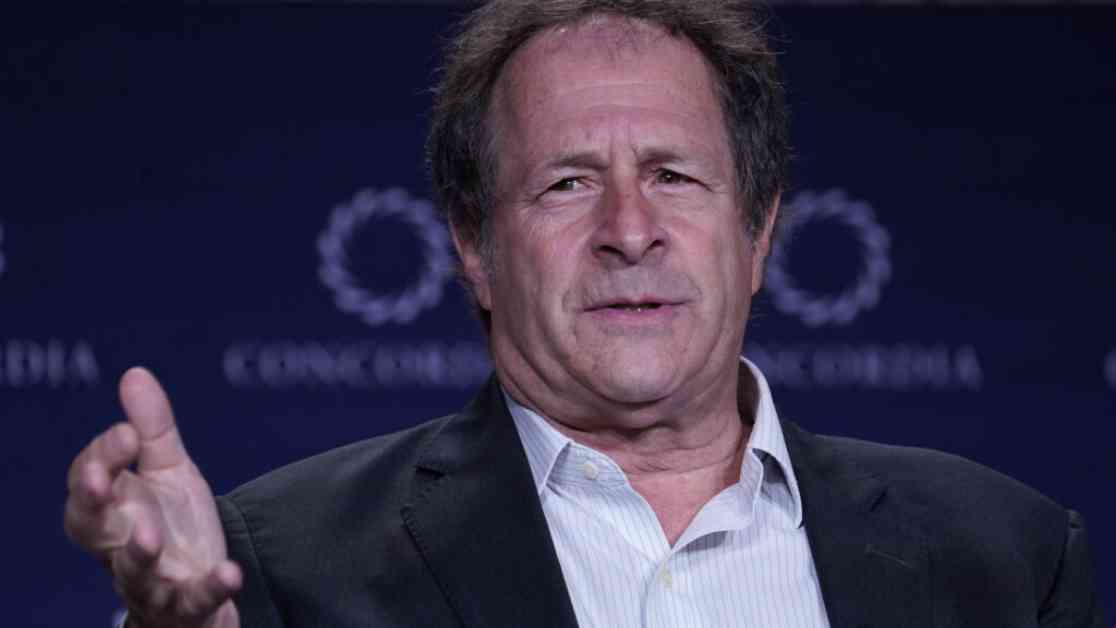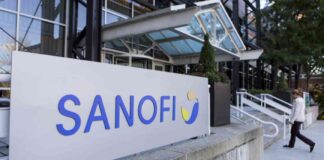Global Push for MDMA Therapy: Rick Doblin Speaks Out Against FDA Over Lykos Drug Rejection
In a recent turn of events, the psychedelics pioneer Rick Doblin has faced a series of setbacks in his quest to advance MDMA-assisted therapy for post-traumatic stress disorder. The Food and Drug Administration recently declined to approve the therapy developed by Lykos Therapeutics, a company that Doblin founded. This decision has raised concerns among advocates of psychedelic therapy, who see the potential for MDMA to provide significant benefits to individuals suffering from PTSD.
Furthermore, the journal Psychopharmacology retracted three studies on the treatment, citing associations with Lykos and the nonprofit organization Doblin founded, the Multidisciplinary Association for Psychedelic Studies (MAPS). This move has cast a shadow over the credibility of the research surrounding MDMA-assisted therapy, leaving many questioning the future of this innovative treatment approach.
Following these developments, Lykos announced a significant downsizing, cutting 75% of its staff. In a surprising turn of events, Doblin also decided to step down from the company’s board. Additionally, MAPS has announced plans to reduce its own staff by 33% in an effort to reallocate resources towards drug decriminalization efforts and expanding access to MDMA therapy on a global scale.
Subheadings:
Challenges Faced by MDMA Therapy Advocates
FDA Rejection of Lykos Drug Raises Concerns
Impact of Retracted Studies on MDMA Research Credibility
Challenges Faced by MDMA Therapy Advocates
The rejection of Lykos Therapeutics’ MDMA-assisted therapy by the FDA has dealt a significant blow to advocates of psychedelic therapy, who have long championed the potential benefits of MDMA in treating PTSD. The decision to deny approval for the treatment has left many feeling disillusioned and frustrated, as they believe that MDMA therapy has the potential to revolutionize the way we approach mental health care.
Rick Doblin, a key figure in the psychedelic therapy movement, has been vocal in his criticism of the FDA’s decision. He has expressed his disappointment in the agency’s reluctance to embrace innovative treatment approaches and has called for a reevaluation of the criteria used to assess the efficacy of psychedelic therapies. Doblin argues that the current regulatory framework is outdated and fails to account for the unique benefits that MDMA therapy can offer to individuals struggling with PTSD.
FDA Rejection of Lykos Drug Raises Concerns
The FDA’s rejection of Lykos Therapeutics’ MDMA-assisted therapy has raised concerns within the medical and scientific communities about the future of psychedelic therapies. Many experts worry that the decision to deny approval for the treatment may deter other research efforts in the field of psychedelic therapy, ultimately hindering progress in this promising area of mental health care.
Critics of the FDA’s decision argue that the agency’s stringent criteria for approving new treatments may be overly restrictive when it comes to assessing the potential benefits of psychedelic therapies. They point to the growing body of research supporting the efficacy of MDMA therapy in treating PTSD and argue that the FDA should be more open-minded in its approach to evaluating these innovative treatment options.
Impact of Retracted Studies on MDMA Research Credibility
The retraction of three studies on MDMA-assisted therapy by the journal Psychopharmacology has further compounded the challenges facing advocates of psychedelic therapy. The decision to retract these studies, which were linked to Lykos and MAPS, has raised questions about the credibility of the research supporting MDMA therapy and has fueled skepticism among critics of the treatment approach.
Researchers and advocates of psychedelic therapy are now faced with the daunting task of rebuilding trust in the scientific community and demonstrating the validity of MDMA therapy as a treatment for PTSD. Despite these setbacks, many remain hopeful that ongoing research efforts will continue to shed light on the potential benefits of psychedelic therapies and pave the way for greater acceptance of these innovative treatment approaches.
In conclusion, the recent developments surrounding the rejection of Lykos Therapeutics’ MDMA-assisted therapy by the FDA, the retraction of studies on the treatment, and the downsizing of both Lykos and MAPS have highlighted the challenges facing advocates of psychedelic therapy. Despite these setbacks, the push for global access to MDMA therapy continues, as researchers and advocates work tirelessly to advance the field of psychedelic therapy and provide much-needed relief to individuals suffering from PTSD and other mental health conditions.

















